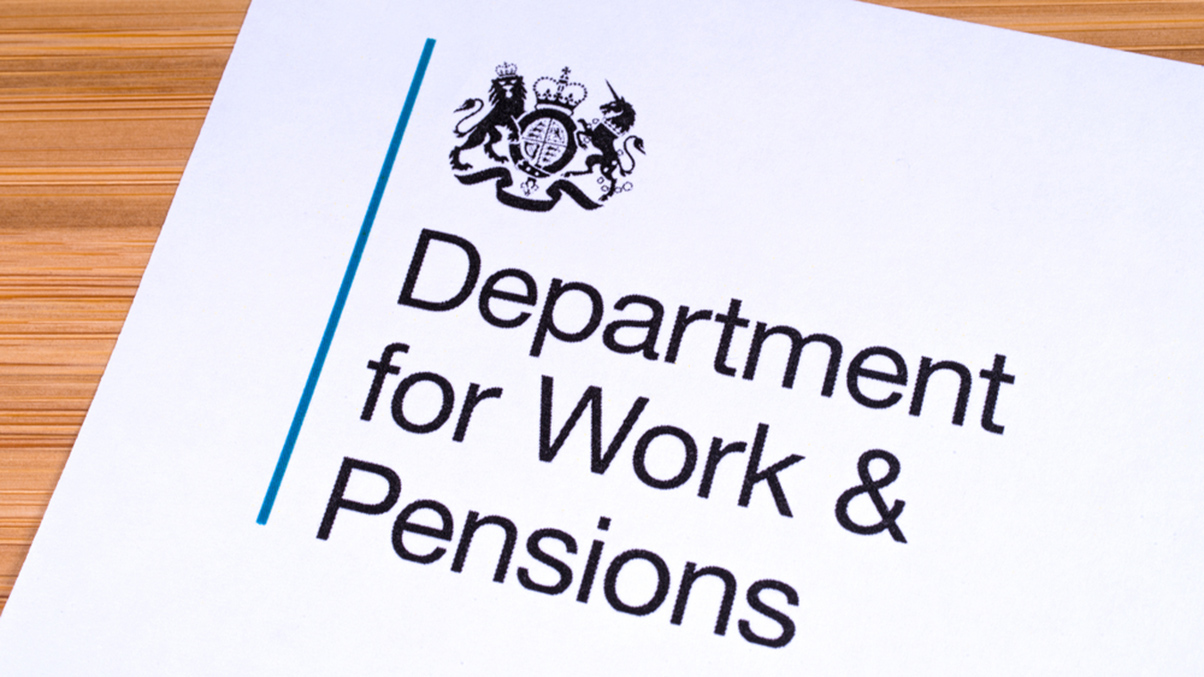After a serious injury, many individuals are unable to work and need assistance with the extra costs that can arise from long term ill-health or disability. Personal Independence Payment (PIP) and Employment and Support Allowance (ESA) can offer that support to individuals in this position.
To claim, an individual will explain to the Department of Work and Pensions (DWP) how their ill-health or disability affects them. From this, the DWP will assess if the individual is eligible for PIP or ESA and if so, how much they will receive. Unfortunately, the DWP may make a decision that the individual disagrees with, for instance, they have rejected their claim or awarded them a lower rate than expected.
In these situations, individuals have the right to challenge the DWP’s decision. This is known as a ‘mandatory reconsideration’. A mandatory reconsideration is free of charge and can lead to a change in award. Paralegal Pippa Arnold has compiled a list of top tips for those considering applying for a mandatory reconsideration.
Apply in writing
It is best to ask for a mandatory reconsideration in writing. You can do this by:
- Completing the CRMR1 form on the Government’s website
- Writing a letter to the DWP
- Calling the DWP first, then following this up with a letter
Your decision letter will state the address to send your CRMR1 form or letter to, and the telephone number to call.
Understand the DWP’s decision
You should receive an explanation from the DWP in your decision letter. If you do not receive this, or you would like a further explanation, you can ask the DWP to explain their decision over the phone or in writing. If you choose a written explanation, this is referred to as a ‘written statement of reasons’.
Take note of the time limits
You have 1 month to ask for a mandatory reconsideration from the date of your decision letter. If you are unable to submit a written request in time, call the DWP before the deadline and then follow this up with a letter when possible. If you have asked for a written statement of reasons, you will be given an additional two weeks to ask for a mandatory reconsideration.
If you miss the one month deadline, submit for a mandatory reconsideration as soon as possible and make sure you do so within 13 months of the date of your decision letter. You will need to explain why you have made your request late and should include any proof such as hospital appointment letters or a discharge note. The DWP can refuse your request for a mandatory reconsideration if it is late, but you can still appeal to the tribunal as long as you submit your request within 13 months of the date of your decision letter.
Provide medical evidence
Think about why you disagree with the DWP’s decision and if there is any medical evidence to support this, such as a report from your occupational therapist or a letter from your consultant. If you do not have anything, it is worthwhile speaking to someone in your treating team to see if they would be able to help. In addition, you could ask a family member or close friend to write a statement explaining how your condition affects you. It is important to note, however, that the DWP will not reimburse you for any costs incurred in obtaining medical evidence.
Look at the DWP’s points system for PIP
The DWP use a points system to assess your PIP claim. Each activity has descriptors for which you are awarded points. Further information on this can be found here, where you can identify where you could have scored more points and highlight this to the DWP in your application.
Know the risk of a mandatory reconsideration
The DWP will look at your entire claim again, even if you only disagree with one element. Hence, there may be a risk of you losing some or all of your award. For instance, for PIP, if you believe you should have scored more points for the daily living component but your mobility has improved since the original assessment, your award could be reduced.
For ESA, if you believe you should be in the support group, but you are currently in the work-related activity group, there is a risk that the DWP may not deem you eligible for ESA at all. In light of this, it is important to consider which points you believe the DWP have wrongly decided and provide medical evidence to support this where possible. If you are unsure if the DWP have made the right decision, it is worth asking one of your treating team for their opinion. The Legal Service has previously assisted claimants on cases of this type.
If the DWP do not change their decision, consider an appeal
If your mandatory reconsideration is unsuccessful, you can appeal the DWP’s decision. An appeal is heard by a panel known as the ‘tribunal’ who are independent from the DWP. Statistically, more decisions are overturned after an appeal compared to a mandatory reconsideration, hence, you may still be able to change your award. Next month we will be providing some practical tips on how to appeal your PIP or ESA decision.
If you would like any further information on mandatory reconsiderations, please see the government guidance, or visit Citizen’s Advice for more on challenging a PIP decision or an ESA decision.
This article was written by our Paralegal Pippa Arnold
The Legal Service – We are here to help
The Legal Service, delivered by our pro bono team, provides patients with advice without obligation, for however long it takes to resolve the issue. Our support is available regardless of the circumstances of an accident and regardless of whether a patient has a personal injury claim.
In these difficult times, the concerns of our pro bono clients are likely to be more stark than those in more fortunate circumstances. The Legal Service will be available throughout the crisis to help in any way we can to ease the burden on our clients.
To get advice from The Legal Service, please contact Kara Smith by phone on 020 7822 8000 or by email at ksmith@stewartslaw.com.
You can find further information regarding our injury expertise, experience and team on our Personal Injury pages.
Subscribe – In order to receive our news straight to your inbox, subscribe here. Our newsletters are sent no more than once a month.





